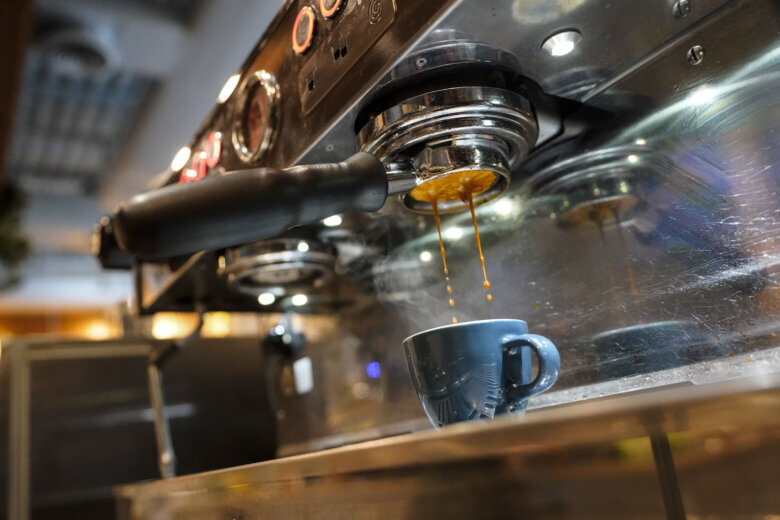
Be it coffee or tea, 8 in 10 Americans take caffeine everyday, according to the Centers for Disease Control and Prevention. Those who drink caffeine know its effect well: Alertness.
In moderation, scientists largely agree it’s a healthy habit. But Dr. Richard Friedman, Professor of Clinical Psychiatry and Director of the Psychopharmacology Clinic at the Weill Cornell Medical College, said timing is an important factor.
“Caffeine is the most popular stimulant and is a wonderful way to be alert and to wake up,” he said. “But, as with so many things, you can over do it.”
He said when you drink coffee or caffeinated tea late in the afternoon, it wakes you up within 30 minutes. However, the caffeine sticks around in your system.
“Caffeine lasts about 4 to 6 hours, and sometimes even longer,” Dr. Friedman said. “Some people take about 12 hours to metabolize it.”
This leaves many of his patients “revved” up, according to Dr. Friedman.
“So you arrive at the end of the day, and then you have to calm down. And often what people do when they calm down is they drink alcohol, or use cannabis,” he said.
“And then they set up a cycle in which they’re alerting themselves with caffeine and calming themselves with a sedative, like alcohol or cannabis.”
Even though alcohol successfully suppresses the stimulation of caffeine, the alcohol itself will also mess with your sleep, Dr. Friedman said.
“When the alcohol is metabolized in the middle of the night, your brain, like a light bulb, wakes up and you’re wide-awake. Then you have trouble falling back asleep,” Dr. Friedman said.
“There’s a self sustaining cycle where you need caffeine to wake you up from your poor sleep the night before only setting you up — if you drink enough of it during the day — for another night of poor sleep the following night.”
How do you break this cycle?
“I would say keep the caffeine use to the morning,” Dr. Friedman said. “Don’t drink it past lunch, so that by the time you arrive at bedtime, your caffeine has worn off and you’ll be able to fall asleep naturally and wake up again and start all over again.”








